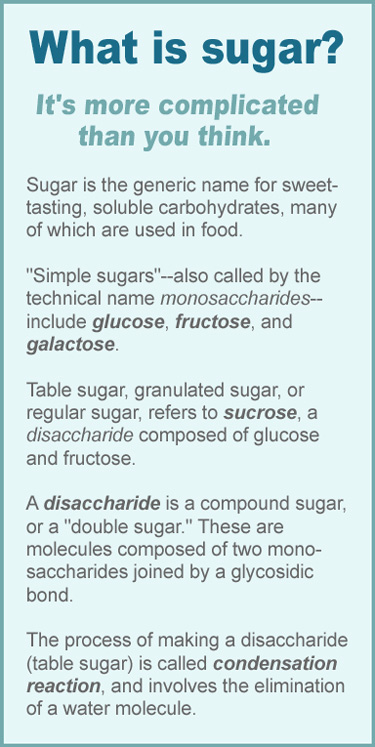New research has discovered that conditions such as attention deficit hyperactivity syndrome (ADHD), bipolar disorder, and even basic aggressive behaviors may be linked with sugar intake.
This finding is not earth-shattering news for health advocates who have attempted to warn consumers of these dangers for decades; however, medical university studies seem to carry more weight than individual nutritionists when it comes to health education.
The researchers found that fructose (a component of sugar) and uric acid (a fructose metabolite) dramatically increased the risk for a number of behavioral disorders.
The research was conducted at University of Colorado Anschutz Medical Campus and published October 2020 in Evolution and Human Behavior.
“We present evidence that fructose, by lowering energy in cells, triggers a foraging response similar to what occurs in starvation,” said lead author Richard Johnson, MD, professor at the University of Colorado School of Medicine.
Where does fructose come from?
Commercial fructose that is used in the sugar manufacturing that most consumers are familiar with is derived from sugar cane, sugar beets, and maize; however, frutcose is also found in fruit, honey, flowers, berries, and most root vegetables.
Pure, dry fructose is a sweet, white, odorless, crystalline solid. It is the most water-soluble of all the sugars—which is why it is the most popular sweetener for food processing, stirring into drinks and stocking the cupboards of kitchens and restaurants.
In his study, Professor Johnson found that sugar caused a foraging response which stimulated “risk taking, impulsivity, novelty seeking, rapid decision making, and aggressiveness to aid the securing of food as a survival response.”
Overactivation of this process from excess sugar intake may cause impulsive behavior that could range from ADHD, to bipolar disorder or even aggression towards others.
“While the fructose pathway was meant to aid survival, fructose intake has skyrocketed during the last century and may be in overdrive due to the high amounts of sugar that are in the current Western diet,” Johnson adds.
So, is fruit bad for you?
Researchers noted that consumers should not take the new study to mean people should give up eating fruit daily. Quite the opposite. Sugar in this form (frutcose) is provided as a whole food, and includes fiber and other nutrients. In reasonable amounts this intake is beneficial.
The new research, on the other hand, examines how excessive intake of fructose present in refined sugars and high fructose corn syrup have a contributory role in the pathogenesis of behavioral disorders that are associated with obesity and Western diet.
Professor Johnson also notes that researchers are not blaming sugar alone for certain behaviors: “We do not blame aggressive behavior on sugar, but rather note that it may be one contributor.”
Johnson recommends further studies to investigate the role of sugar and uric acid, especially with new inhibitors of fructose metabolism on the horizon.
“The identification of fructose as a risk factor does not negate the importance of genetic, familial, physical, emotional and environmental factors that shape mental health,” he adds.
Lots of sugar, lots of disease
In addition to the the new findings, excessive sugar consumption has long been linked to a number of health conditions.
Wikipedia states: “Excessive consumption of fructose (especially from sugar-sweetened beverages) may contribute to insulin resistance, obesity, elevated LDL cholesterol and triglycerides, leading to metabolic syndrome.”
A 2013-2014 government study found that average U.S. sugar consumption was 125 grams/daily for men and 99 grams/daily for women.
This means about 25% of the recommended daily calorie consumption is coming just from sugar—an extremely unhealthy proportion. In this light, it’s not surprising that new studies are finding deadly health consequences.
If you want to reduce sugar consumption, lower the effects sugar has on your body, and optimize digestion, Optimal Health Systems is here to help. Learn more by reviewing the products and tools below:
• Optimal Fat•Sugar•Trim
• Flora Blitz 100
• Optimal Digestion
• Weight Reduction Package
• 21-Day Blitz Challenge Package
• Optimal Half-Day Organ Cleanse Kit
– – –
Sources: Evolution & Human Behavior (ScienceDirect.com), University of Colorado Anschutz Medical Campus.



